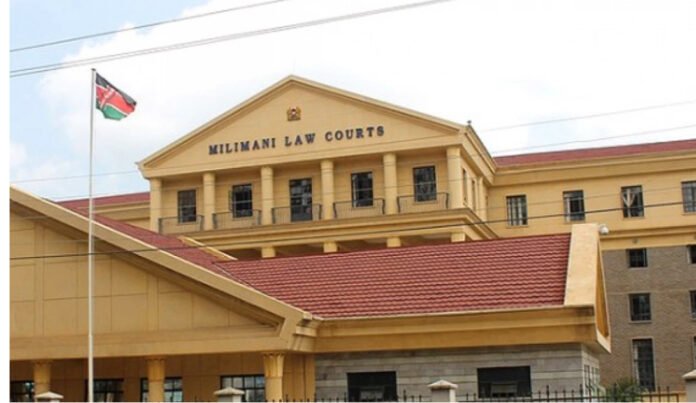By Horn Africa News Staff | Nairobi
In a major win for civil liberties, Kenya’s High Court has issued a landmark order prohibiting police from blocking access to the Nairobi Central Business District (CBD) during public demonstrations. The ruling reinforces Kenyans’ constitutional right to protest and picket, a move hailed by human rights defenders across the country.
The decision comes after a legal challenge filed by Katiba Institute, a leading constitutional advocacy group, seeking to safeguard the freedom of assembly amid growing tensions and recent government crackdowns on demonstrators.
The ruling follows Monday’s nationwide protests, which tragically left at least 31 dead, over 100 injured, and saw more than 500 people arrested, according to the Kenya National Commission on Human Rights (KNCHR).
President William Ruto has claimed the demonstrations may be part of a wider attempt to “overthrow the government,” a statement that has drawn criticism from civil society groups calling for dialogue and de-escalation.
Despite the unrest, the High Court’s decision has been welcomed as a crucial step in protecting democratic rights and ensuring that citizens can peacefully express dissent without intimidation or obstruction.
The protests in Kenya on July 7th, known as Saba Saba, are not new. They are an annual commemoration of the pro-democracy protests that took place in 1990.
These protests are historically significant as they marked a key moment in Kenya’s fight for multiparty democracy. While the protests this year have been ongoing since June 2025 due to anger over economic issues and police brutality, the Saba Saba day itself is not a new event, but rather a remembrance of a historical event.





